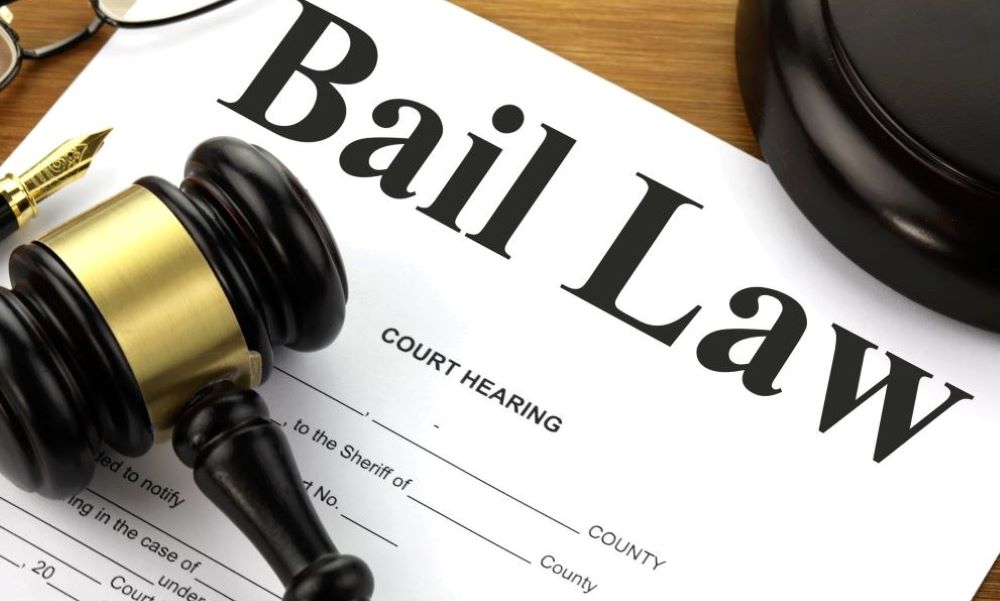Kriti Agrawal
The Supreme Court has reiterated that when granting bail to an accused in a criminal case, courts must weigh its effect on witnesses or victims. This was marked as the last order signed by CJI Bobde.
As a result, the Supreme Court overturned an order of the Allahabad High Court that granted bail to an accused who had been arrested under the Uttar Pradesh Gangster and Anti-Social Activities (Prevention) Act, 1986.
The accused was accused of being a contract killer and a professional shooter. The widow of the deceased petitioned the Supreme Court, challenging the bail granted by the High Court.
The Supreme Court pointed out that the High Court had ignored many factors, such as the possible danger to witnesses, which forced the trial court to offer protection.
CJI Bobde in this last working day said,
“It is needless to point out that in cases of this nature, it is important that courts do not enlarge an accused on bail with a blinkered vision by just taking into account only the parties before them and the incident in question. It is necessary for courts to consider the impact that release of such persons on bail will have on the witnesses yet to be examined and the innocent members of the family of the victim who might be the next victims.”
The bench of Justice AS Bopanna and Justice V Ramasubramanian observed, “There is no doubt that liberty is important, even that of a person charged with crime but it is important for the courts to recognize the potential threat to the life and liberty of victims/witnesses, if such accused is released on bail.”
The Supreme Court re-stated the factors to be considered while granting bail as follows:
- If there was a prima facie or rational basis to conclude the accused committed the crime;
- The existence and seriousness of the accusations;
- The seriousness of the penalty if convicted;
- The risk of the accused escaping or absconding if given bail;
- The accused’s character, conduct, means, status, and standing;
- Probability of repeating the offense;
- Reasonable fear that the witnesses would be influenced; and
- The risk of obstructing justice by granting bail

